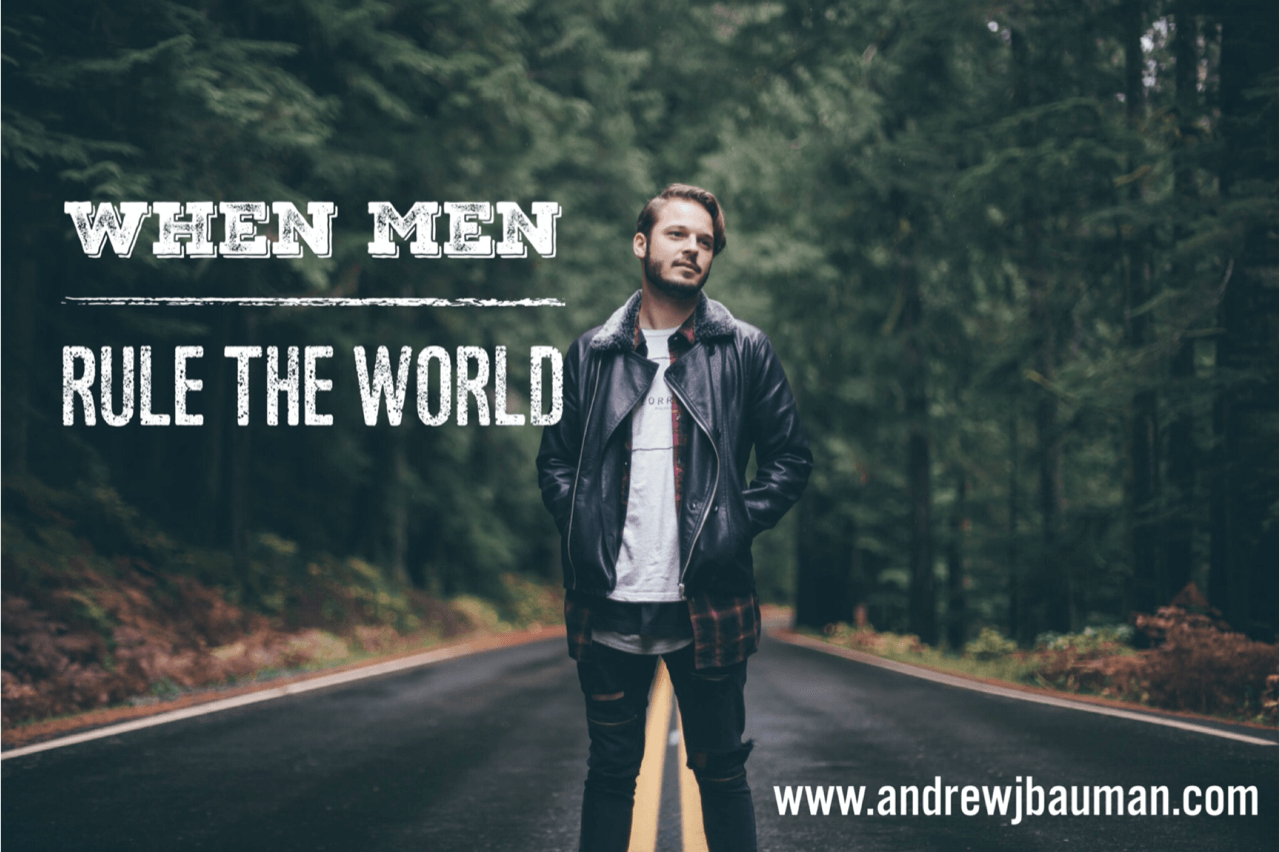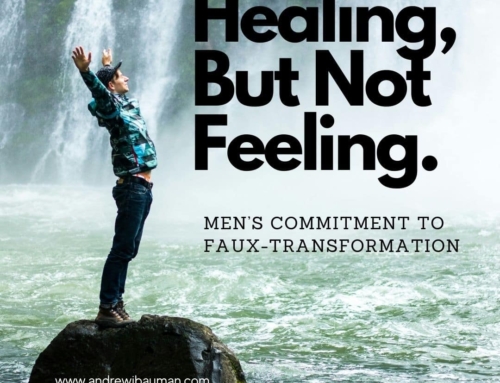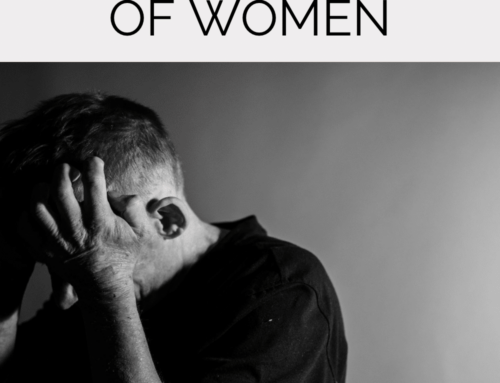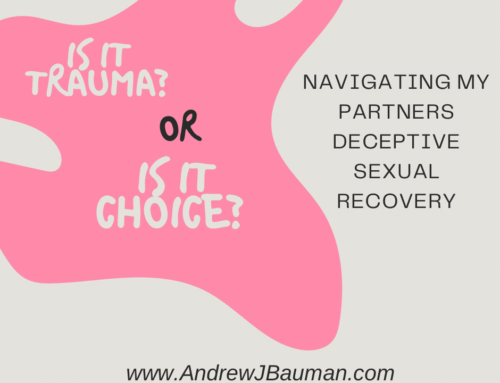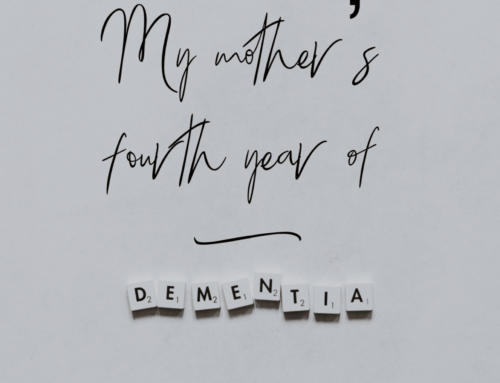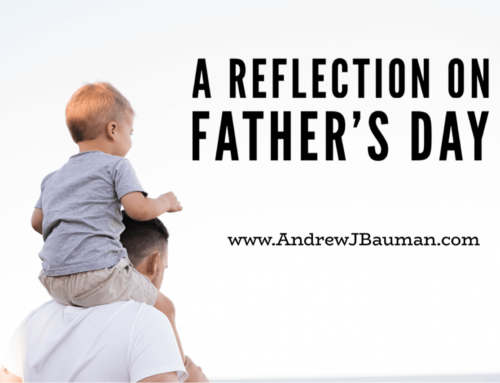Women were less than. No one would have said that out loud, but growing up in my white evangelical utopia deep in the South, we all knew it was true: men ruled the world. My presidents: always men, my pastors: always men. Most CEOs, elected officials, and anyone I knew who had real power, authority, or influence, was, like me, a man. I wanted power, too. I genuinely wanted to make a difference in the world and thought that developing a domineering masculinity was the answer.
American culture taught me that women were sex symbols; subjects for my lust and objects to be taken advantage of, not honored. What I learned from the Church wasn’t much different, it just looked more respectable on the surface. Sexism was just as present, objectification just as potent, and the subjugation of women was actually worse, because it was cloaked in “Godliness”. The Bible was used as a weapon to shoot down any who dared to confront the status quo. “God” ordained women to be our servants, body and soul. No one would dare to question “God”. This social structure served us men well, so why would any of us with real power want to change it?
I learned women existed to tend to the household, raise the kids, cook my meals, and clean up. My wife was to be a virtuous Proverbs 31 virgin, but also satisfy all of my sexual cravings. Another way to say this is that we were taught to want a “Lady in the streets, but a freak in the bed” as Ludacris raps in his iconic song “Nasty Girl”.
Women were needed, but more as a necessary function than an equal. They served a vital role: loneliness prevention and sexual release. There was no mention of or potential for, genuine intimacy or connection; I didn’t even know that was a real thing. If you wanted sex, companionship, to medicate feelings, and avoid childhood trauma, women were the answer and the solution.
I remember a well-meaning pastor friend with whom I was on the staff of the church, after meeting my powerful, goal orientated girlfriend (now wife) Christy for the first time, pulling me aside privately. He sincerely wondered aloud, “But Andrew, don’t you want more of a helpmate? You know, someone who will support your ministry?” His words meant she needed to be more about me and my goals and dreams, not about her own. I wonder now, why did she need to be small so that I could be big? Are we men in ministry so fragile that we need women to stifle their glorious God given true selves so that we can thrive?
Men’s insecurity so bleeds out that we must make others, particularly women, small so that we can feel less insecure. Instead of dealing with our core sense of shame and fear, we project it on the women near us to avoid our own inner pain.
I believe this to be the common experience of women in the church today. They feel like they are too much. Too many emotions, too much skin showing in how they dress, too much anger if, heaven forbid, they get mad at an injustice; too sensitive if they speak up against an infraction. If they are too kind or tender, then they are accused of being flirtatious.
If women are able to break into the male’s club of church leadership positions, they can’t be too emotional or they will be accused of being weak; yet they can’t be too emotionless or they will be labeled the violent, dismissive term of “bitchy”. Women can’t win; it’s a man’s world. This weighty burden that women bear is not only unfair, it’s evil. And men must be the ones to begin to change these toxic norms.
Men have attempted to strip the image of God right out of a woman’s face. Femininity is under attack by a kingdom of darkness, and many good hearted men are unconsciously part of the problem.
What about you? In what ways are you unaware of your own systematic sexism? How are you advancing an oppression that you no longer want to be part of? How will you change your behavior towards women in your life? In your ministry? We cannot let the shame of realizing how we have mistreated and harmed women, whether currently or in the past, prevent us from making healthy changes. We must use our power and privilege to be advocates and no longer abusers.
